Join the author, Néstor T. Carbonell, as he shares a critical analysis of the Castro-Communist regime and explores the challenges and opportunities that will likely arise when freedom finally dawns in Cuba.
CHAPTER 9: Eyeball-to-Eyeball: Who Blinked? (October – December 1962)
The president took issue with that sophistic distinction and pointed out that more drastic action at that time would increase the risk of Soviet retaliation, particularly on Berlin. He did not preclude, however, air strikes and even an invasion if Khrushchev did not remove the missiles.
A few minutes later, Kennedy delivered his stirring televised address. He declared that the Soviet Union had deployed to Cuba, under a cloak of secrecy and deception, offensive missiles and bombers capable of carrying nuclear warheads. To deal with the threat, he announced the establishment of a strict quarantine, to be supplemented by such other actions as may be necessary under the circumstances.
The president called on Khrushchev to dismantle and withdraw those weapons from Cuba and warned him that the United States would «regard any nuclear missile launched from Cuba against any nation in the Western Hemisphere as an attack by the Soviet Union on the United States, requiring a full retaliatory response upon the Soviet Union.»
The president recognized that «the cost of freedom is always high, but Americans have always paid it. And [there is] one path we shall never choose, and that is the path of surrender or submission.»
Moscow Undeterred
(October 23-26)
Kennedy’s address and Ambassador Stevenson’s bravura performance at the UN displaying photographic evidence of the offensive buildup did not deter Khrushchev from moving forward with the completion of the missile sites. He denounced the blockade as an act of aggression and warned that Soviet ships might not respect the quarantine line. Since Washington had established a twenty-four-hour grace period, the Soviets took full advantage of the brief hiatus.
The ship Aleksandrovsk, with an additional cargo of nuclear warheads, beat the clock and arrived safely at the port of Isabela de Sagua on the northern coast of central Cuba. Not so the four ships carrying the intermediate-range ballistic missiles, which were ordered by the Kremlin to turn back, along with other incoming ships loaded with armaments.
Khrushchev raised the alert level of the Soviet Armed Forces and of those of the Warsaw Pact and ordered the commander in chief of the Soviet forces in Cuba (Pliyev) to be at full readiness. He also assured Castro, who had announced a general mobilization of three hundred fifty thousand soldiers and militias, that Moscow would not back down.
On October 24, President Kennedy was having second thoughts about the naval quarantine and its possible consequences. According to James M. Lindsay of the Council on Foreign Relations, Kennedy lamented to his brother Attorney General Robert Kennedy that he had been forced to impose the quarantine. «I just don’t think there was any choice,» Robert Kennedy assured him. «And not only that, if you hadn’t acted, you would have been impeached.» The president’s response was: «That’s what I think—I would have been impeached.» (Not a wild speculation given the joint resolution on Cuba that Kennedy had signed into law.)
Despite his initial unwavering stance, Khrushchev realized that the Soviet Union could not keep the offensive missiles in Cuba without going to war and that he would have to find another way to protect the Castro regime.
By October 25, he discussed with his colleagues of the Presidium a possible diplomatic settlement consisting of a US pledge not to invade Cuba in exchange for the removal of the missiles. But, as a good poker player, he was not about to rush with an offer. He first wanted Kennedy to show his hand.
Washington: Back-Channeling and Backpedaling (October 23-26)
The day following the announcement of the quarantine, Robert Kennedy visited the Soviet ambassador Anatoly Dobrynin. According to the ambassador, the attorney general «was in a state of agitation, and what he said was markedly repetitious.» Displaying anger and frustration, he said that «the president had virtually staked his political career on the Soviet assurances about Cuba by publicly declaring that the arms were purely defensive—although some Republicans had warned otherwise.» That turned out to be, he stressed, «a deliberate deceit.» The attorney general did not hold Dobrynin responsible for that, acknowledging that the ambassador had also been misled.
Robert Kennedy kept his lines of communication with Dobrynin open but also used back channels, directly or through reliable journalists, to float ideas to the Kremlin for a possible settlement. One of those intermediaries was Frank Holeman, a New York Daily News correspondent. He reportedly conveyed to Soviet intelligence officer Georgi Bolshakov a possible trade suggested by the attorney general’s office: The United States would dismantle its missile bases in Turkey, and the USSR would do the same in Cuba. This missile swap was even suggested in his column by Walter Lippman, an influential US foreign policy pundit close to the White House.
The president was indeed prepared to agree to the swap, in addition to a no-invasion-of-Cuba pledge, if the commitment could remain confidential (given the expected opposition of Turkey and other NATO allies). Kennedy thought that the missile swap was an essential condition demanded by the Kremlin to strike a deal and had even developed, as a fallback, a secret plan to have the secretary-general of the United Nations formally propose such a swap. Turkey, however, had not been a critical issue raised in the Presidium discussions during the crisis. In fact, according to Deputy Premier Mikoyan, «we were not thinking about bases in Turkey at all.» That is why Khrushchev only asked for a noninvasion pledge in his first proposal to Kennedy. But as the feelers from the Kennedy camp on the missile swap reached him, he decided to include in his second letter to the president a US-Soviet pledge to the UN that they would trade the alleged offensive weapons in Cuba for the Jupiter missiles in Turkey. With this added condition, Khrushchev felt that he could snatch a victory from the jaws of defeat.
The Darkest Day of the Crisis (October 27)
The US intelligence findings, based on detailed analysis of low-altitude photography taken on October 26 and 27, were indeed alarming. All twenty-four MRBM launchers were fully operational with a capability to salvo withing six to eight hours of a decision to launch. Construction of IRBM site in Cuba continued at a rapid pace. Trenches were being built at the missile sites, and camouflage against aerial photography was being extended. In addition, the Guanajay bunker for nuclear warheads in western Cuba was essentially complete, and other facilities for probable nuclear storage were being set up.
That was the state of affairs when the Ex Comm met with the president on October 27. No sooner had the meeting started at 10:00 a.m. than Kennedy was handed a second letter from Khrushchev, adding the Turkey-Cuba missile swap as a condition to settle the crisis. The president commented that «the Russians had made the Turkish missile withdrawal proposal in the most difficult way. Now that their proposal is public, we have no chance to talk privately to the Turks about the missiles, which, for a long time, we have considered obsolete.» Nevertheless, he was inclined to accept the Soviet premier’s condition, arguing that «we are in a bad position if we appear to be attacking Cuba for the purpose of keeping useless missiles in Turkey.»
While the Ex Comm members debated this delicate issue—most of them objecting to the public acceptance of the missile swap because it would undermine the NATO alliance—distressing news reached the White House. An American U-2 reconnaissance plane had been shot down over Cuba, and its pilot, Major Rudolf Anderson, had been killed. Mounting edginess on the island, amid reports of an imminent US invasion, accounted for this deliberate attack that escalated the crisis. Here’s the backdrop of this episode:
Cuba
On October 26, Fidel Castro reportedly got word that the Kennedy administration had prepared an ultimatum to the UN secretary-general U Thant calling for the immediate removal of the offensive weapons. Convinced that this was the prelude to a US attack, Castro ordered the general staff of the Cuban Revolutionary Army to prepare for hostilities. Raul Castro and Che Guevara took over the Cuban command posts in the far-eastern and western provinces of the island, respectively, and Fidel remained at the national headquarters bunker in Havana.
In the early morning hours of October 27, a deeply disturbed Fidel Castro visited Soviet ambassador Alekseev and delivered a letter to Khrushchev calling for a preemptive (first) nuclear strike: «If they [the Americans] manage to carry out an invasion of Cuba—a brutal act in violation of universal and moral law—that would be the moment,» Castro wrote, «to eliminate this danger forever through an act of the most legitimate self-defense. … However harsh and terrible the solution, there would be no other.» The Soviet premier, who was rash but not suicidal, reminded Castro a few days later that «we struggle against [Yankee] imperialism, not in order to die, but to draw on all of our potential, to lose as little as possible, and later to win more».
Castro had another macabre plan up his sleeve, one that he was prepared to execute in the event of a US invasion. In the huge penitentiary at the Isle of Pines, which housed close to three thousand political prisoners, the Cuban ruler had ordered that holes be drilled in the tunnels beneath the ground floor of the four circular units and that they be filled with dynamite. The explosives were intended to prevent the «counterrevolutionaries» from staging a prison revolt to join an imperialist» aggression, should such an attempt be made. Fortunately the explosives were not detonated.
The morning of October 27, an American U-2 was sighted in the far-eastern province of Oriente near the town of Banes. Anticipating US air strikes only hours away, the Soviet commanders in Cuba, without consulting Moscow, decided to bring down the plane as an «operational-strategic necessity.» An SA-2 rocket exploded near the U-2, causing it to plunge to the ground. Major Anderson died in the crash.
The White House: Afternoon
To the dismay of the Pentagon, the president decided not to retaliate and suspended reconnaissance flights until the following day. Despite the rapidly deteriorating situation, his preference was still «to trade, not invade.» Hence his willingness to accept the Turkey-Cuba missile swap proposed by Khrushchev. Bowing, however, to strong pressure from the Ex Comm, he agreed not to do it publicly.
The president thus ignored Khrushchev’s second letter, which called for trading away the missiles in Turkey for those in Cuba, and basically accepted the terms of the first letter: Moscow would remove offensive weapons from Cuba under UN supervision and undertake not to reintroduce them, and the United States would lift the blockade and give assurances against the invasion of Cuba.
To clinch the deal, the president also decided to convey confidentially to Khrushchev his willingness to dismantle the Jupiter missiles in Turkey a few months after the settlement of the Cuban Missile Crisis, but not as an explicit quid pro quo. Robert Kennedy was asked to relay this message through Ambassador Dobrynin.
Washington: The Robert Kennedy-Dobrynin Meeting (7:45 p.m.)
The meeting took place at the Justice Department. According to Dobrynin’s version, the attorney general stressed the urgency to reach a settlement, particularly after the downing of the US reconnaissance plane. «Delay in finding a way out,» he underscored, «could spin out of control.» While recognizing that a military action in Cuba could have ominous consequences, Robert Kennedy said or implied that the United States was resolved to get rid of the missile bases and was prepared to bomb them as a serious threat to US security if it came to the worst.
When the attorney general conveyed to the ambassador the president’s response to Khrushchev’s first letter, Dobrynin asked, «What about the missile bases in Turkey?» Robert Kennedy replied in essence that those missiles would not stand in the way of a settlement. They could be dismantled in four or five months, but given the NATO connection, the president could not announce it as part of the deal. It would have to remain as a confidential understanding.
Dobrynin keenly observed Robert Kennedy’s demeanor throughout the meeting. «He was very nervous,» noted the ambassador. «Indeed, it was the first time I saw him in such a state. … He just kept repeating that time was pressing.» And indeed it was. Dobrynin got the message with its implicit threat and immediately relayed it to Moscow.»|
Miami: Early Evening
While this was going on in Washington, Miró-Cardona, the head of the Cuban Revolutionary Council, was summoned to an urgent meeting in Miami with several of his State Department and Pentagon contacts. A US invasion of Cuba to overthrow the Castro regime seemed imminent. According to classified files released by the National Archives in October 2017, US military planners estimated they would need 261,000 troops to seize strategic areas in Cuba within 10 to 15 days. Given this emergency, President Kennedy wanted to make sure that the plans were in place to establish a Free Cuba government on the island.
Miró-Cardona was prepared for that contingency, having lined up a broad representation of both the exile groups and resistance movements on the island for a government of national unity. In the course of the discussion, he made it clear to his interlocutors that he expected to land with the US expeditionary force, along with the other members of the prospective Free Cuba government, and to broadcast to the Cuban people a liberation manifesto that he would draft.
Upon returning to his home in Miami Beach that evening, which was packed with the Council’s board members, advisers, and staff, Miró-Cardona took me aside and said in a low, tense voice, «It seems that the invasion could happen any moment. I want you to draft a proclamation in Spanish addressed to the people of Cuba, which I will broadcast upon landing. It should have the vibrancy to lift the spirits and rally for victory, as well as the magnanimity to stimulate defections and unite for peace.» He then added, «Lock yourself in a secluded room of the house so that you can write without interruptions. I need the manifesto soon!»
It was not easy for me to concentrate. As I pictured the landing and the new dawn of freedom we had yearned for, I had to temper my emotions. It took awhile for the thoughts to flow. Here is an English version of the proclamation I wrote in Spanish:
My Fellow Countrymen,
We have returned to our homeland after several years of painful expatriation. Marching with us, in close alliance, are the invincible forces of democracy. We do not come with impulses of vengeance but with a spirit of justice. We do not defend the interest of any sector, nor do we intend to impose the will of any ruler. We come to restore the right of the Cuban people to establish their own laws and to elect their own government.
We are not invaders, inasmuch as Cubans cannot invade their own land. We aspire to the glory of liberating our country, which fell under the Soviet yoke through the perfidy and betrayal of some of its sons.
We come to oust forever from our soil the hatred that divides the Cubans, the firing wall that bloodies the families, the misery that ravages the cities and towns, and the foreign domination that subjugates and disgraces our country.
The hour of rebellion—so eagerly sought—has finally struck. Members of the heroic underground: rise and help us rescue the unyielding political prisoners so that all of you can occupy a place of honor among the forces of liberation.
Members of the rebel army and the militias: break your ties with the Communist tyranny and join the legions of freedom. All those who abandon the enemy ranks to embrace the cause of democracy shall be our allies in war and our brothers in peace.
Our fatherland demands of us supreme sacrifices. Let every man be a muscle of rebellion. Let every woman be a torch of patriotism. Let every home be a trench line of dignity.
Cubans: Throw off the hammer and sickle of Communist oppression. Join the new battle for independence. Take up arms to redeem the nation, and march resolutely on to victory. Our sovereign flag proudly waves its splendid colors, and the island rises with the stirring cry of liberty!
As soon as I had finished drafting the proclamation, I handed it to Miró-Cardona. He read it carefully and, to my surprise and satisfaction, didn’t make any changes. Deeply moved, he gave me a warm Cuban abrazo and asked me to stay at home that evening in case he needed to reach me urgently.
The Shaky Settlement (October 28-November 20)
On October 28 in the morning, the world breathed a sigh of great relief. The superpowers had headed off, it seemed, the mortal danger of a direct nuclear confrontation. Khrushchev accepted Kennedy’s proposal to settle the Missile Crisis and ordered his generals to dismantle, crate, and return the so-called offensive weapons under United Nations supervision, in exchange for a US no-invasion-of-Cuba guarantee. The Soviet premier also acceded to the president’s demand not to disclose the Turkey-for-Cuba missiles side deal, but he spelled it out in a confidential letter that Ambassador Dobrynin handed to Robert Kennedy on October 29.
According to the ambassador, the attorney general confirmed to him the following day that the president would honor the understanding. To underscore the need for confidentiality, Robert Kennedy added that «someday—who knows?—he might run for president, and his prospects could be damaged if the secret deal about the missiles in Turkey were to come out.»
Most of the Ex Comm members, particularly those who had opposed the air strikes and the invasion and had insisted that Khrushchev be given a decorous way out, exulted with a sense of triumph. They felt vindicated. This prompted Bundy’s remark that, throughout the crisis, «everyone knew who were hawks and who were doves; today was the day of the doves.»
Not surprisingly, the hawks were not pleased with the outcome. CIA director John McCone, for one, had earlier warned that if the United States focused only on the removal of the missiles, the Soviets would keep Cuba and Castro would remain in power. His clear-sighted warning continued to be his leitmotif.
The Joint Chiefs of Staff, fearing a Soviet deceptive retreat, voiced their distress and anger. When summoned to the White House, Admiral Anderson cried, «We have been had!» The air force chief of staff, General Curtis LeMay, pounded the table. «It’s the greatest defeat in our history, Mr. President. … We should invade today!» Secretary of Defense McNamara, who was present, said he looked at Kennedy and noted that «he was absolutely shocked. He was stuttering in reply.»
Cubans on both sides of the Gulf were also incensed. Most exiles viewed the settlement as US capitulation and a missed opportunity to liberate Cuba. Some harshly called it a second Bay of Pigs betrayal. Others, when they later heard the president proclaim that, under the settlement, there would be «peace in the Caribbean,» fired back, saying that those words evoked Neville Chamberlain’s «peace for our time» following the infamous Munich pact with Hitler.
In Cuba, an irate Castro, who apparently had heard about the settlement on the radio, accused Khrushchev of ignominiously giving in to Kennedy and called him a leader without cojones (balls), among other flowery epithets. The Soviet premier responded that the conflict was coming to an end with a favorable conclusion for Castro since it would
prohibit any invasion of Cuba. Aware of Fidel’s explosive personality and hurt feelings, Khrushchev urged him not to give «the mad militarists of the Pentagon any excuse to abort the agreement and take military action against Cuba.»
President Kennedy, who emerged from the confrontation with an aura of Churchillian statesmanship, felt that there was no need to seek further safeguards and clarifications before confirming the deal. So as soon as he received Khrushchev’s message on October 28, he responded: «I consider my letter to you of October 27 and your reply of today as firm undertakings on the part of both governments which should be promptly carried out.» He soon realized, however, that his rush to seal the agreement had perilous consequences.
| The Crisis Continues
An essential condition of the Kennedy-Khrushchev understanding was that the Soviet missile bases in Cuba would be dismantled and the missiles removed from the island under United Nations supervision. Yet Castro objected to on-site inspection, and UN secretary-general U Thant and Soviet deputy premier Mikoyan failed to dissuade him from blocking the deal.
To keep the agreement alive, Washington caved in and acquiesced to inspection on the sea. Russian crewmen pulled back the canvas tarpaulins over what appeared to be missiles. This «striptease,» as billed by humorists, enabled hovering US helicopters to peak and photograph, but the metal casings that presumably protected the missiles were not removed, and no boarding parties searched for nuclear arms. Nevertheless, Washington was satisfied that the forty-two MRBMs reported by the Soviets had been withdrawn, along with the nuclear warheads that were never photographed or spotted.
Absent on-site inspection, the United States was also unable to ascertain what was stored in cave complexes that had been cordoned off, reinforced, and conditioned with dehumidifying and air-conditioning equipment. Most troubling were the reports that burrowing and tunneling continued at a feverish pace after October 28, under the supervision and control of Soviet military personnel.
A major flaw of the agreement conceived and sanctioned by President Kennedy was that it did not define and specify the so-called offensive weapons that the Soviets were supposed to dismantle, crate, and remove. While it was understood, or at least implied, that they included medium- and intermediate-range ballistic missiles, the list was only submitted by Kennedy to Khrushchev on November 2.
Even then, there was no mention of the dual-use short-range launchers known as Luna (FROG) and some one hundred tactical nuclear warheads on the island. It seems that the Pentagon and US intelligence agencies were unaware that they had been deployed. Fortunately, Mikoyan felt uneasy leaving the tactical nuclear warheads in Cuba, even under Soviet supervision, so they were quietly withdrawn on December 1 on the ship Arkhangelsk.
What became a very serious bone of contention, which almost reignited the crisis, was the removal of the IL-28 bombers and their nuclear payloads. President Kennedy did not mention the bombers in the October 28 agreement and voiced not to get «hung up» over them. Pressed by the Pentagon and other members of the Ex Comm, however, he subsequently decided to raise it as a make-or-break issue.
Khrushchev strongly objected, arguing that the bombers had been deployed to Cuba for defensive purposes and their removal had not been part of the agreement. Given the impasse, Kennedy softened the demand, indicating that if the Soviet premier promised to remove the bombers in one month, he would take his word and lift the blockade. This message was relayed by the attorney general through his back channel (Bolshakov) and via Ambassador Dobrynin.
Khrushchev offered two counterproposals. The first of these was a commitment that the bombers would be flown by Soviet pilots only. (This idea was originally suggested by the Kennedy brothers, who subsequently withdrew it.) The other alternative was a private gentlemen’s
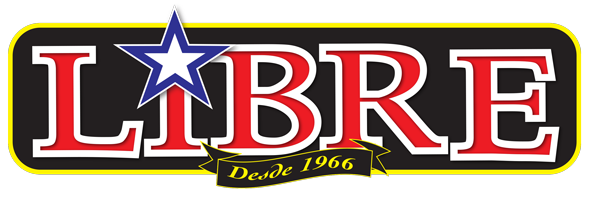


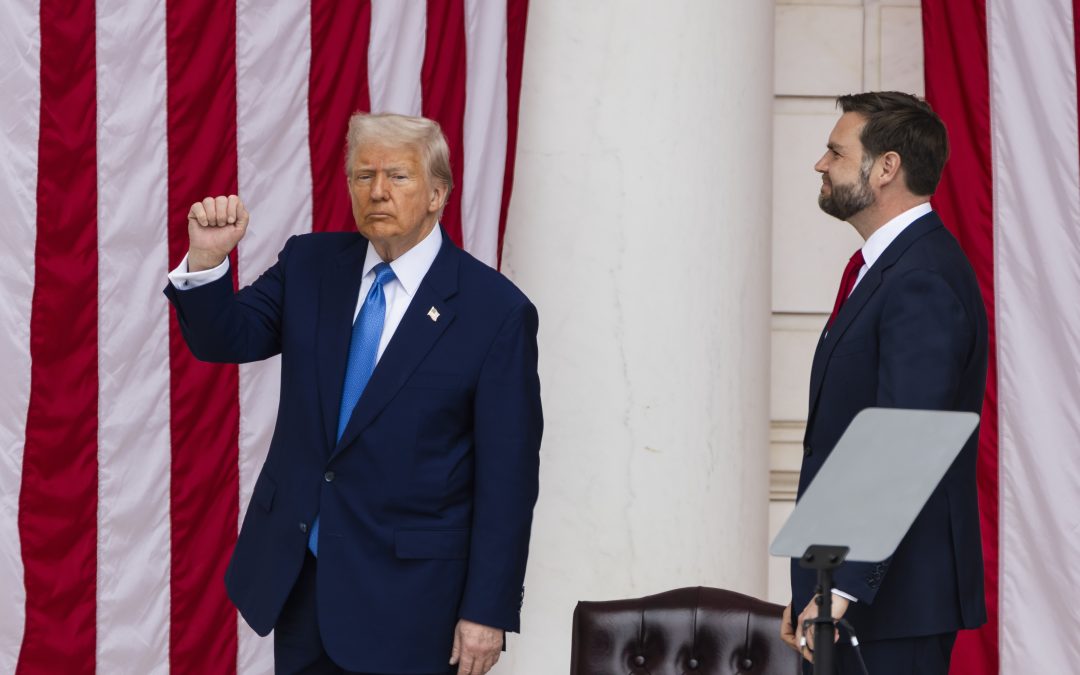
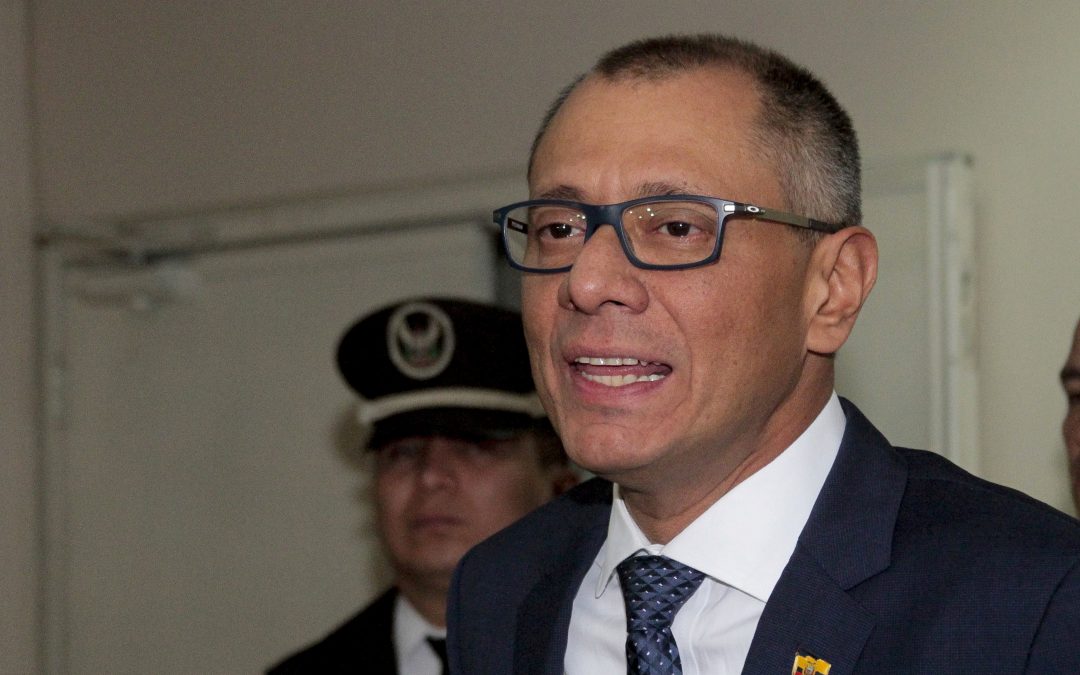
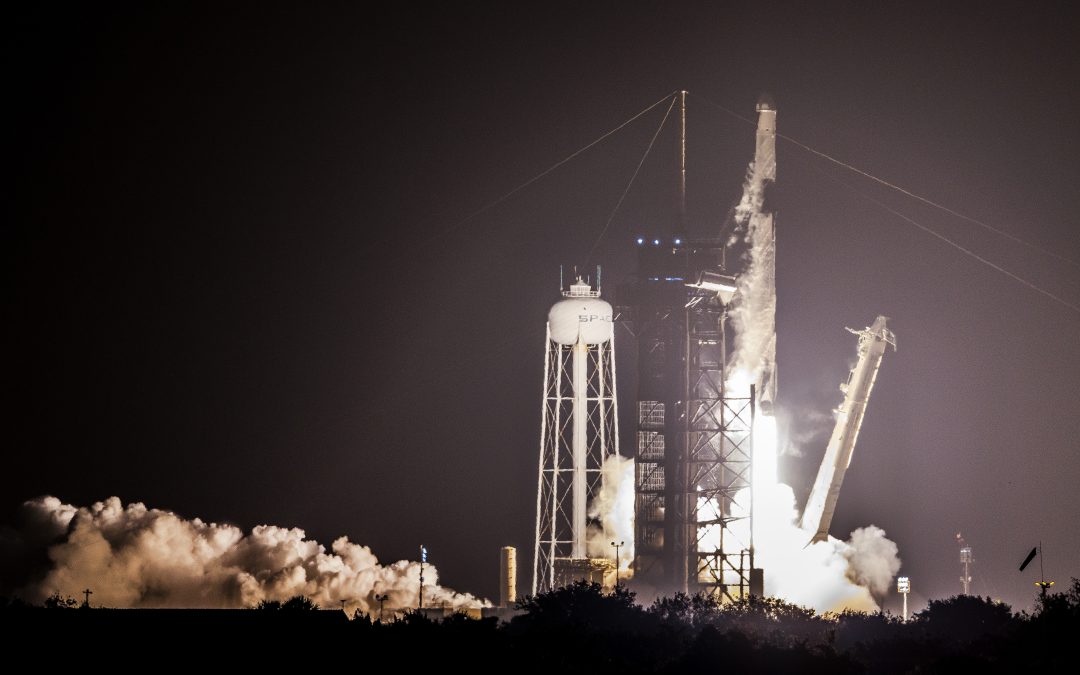
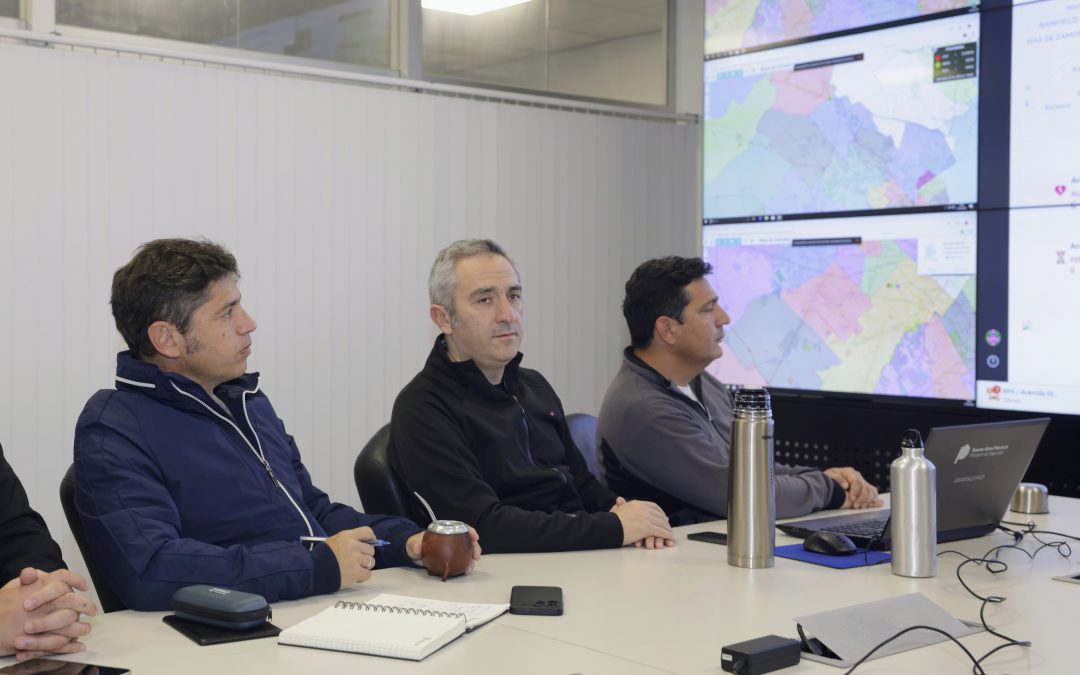
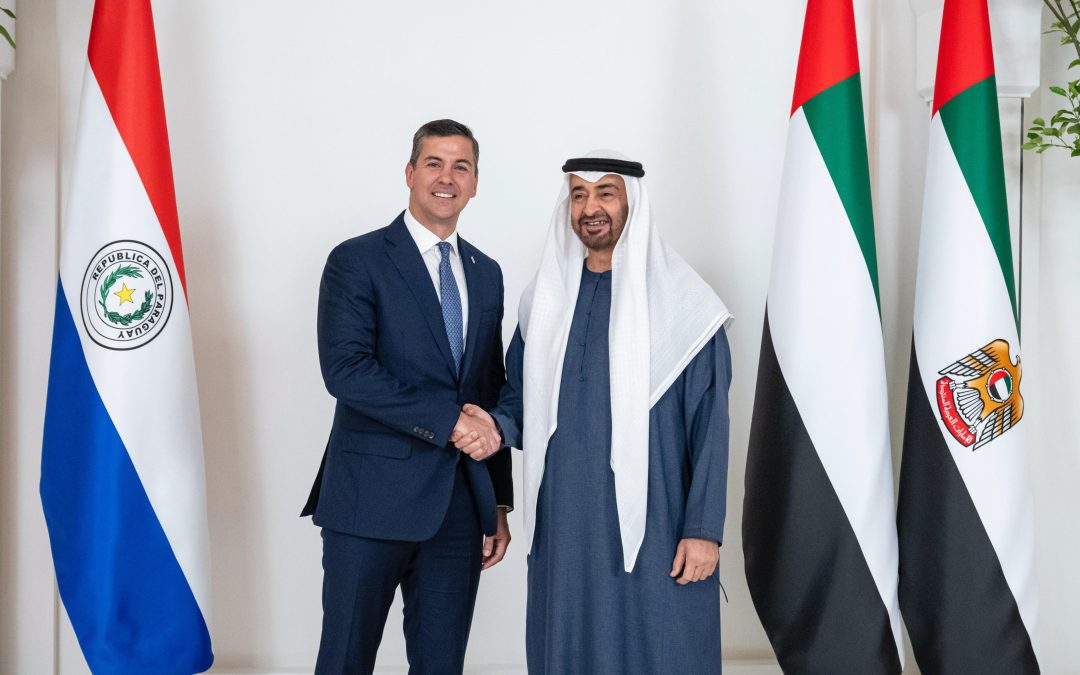
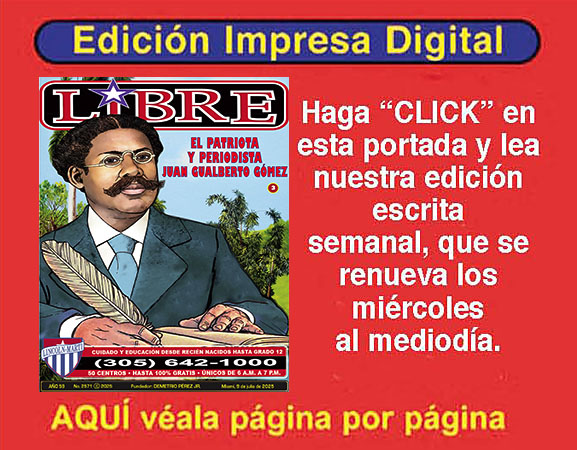

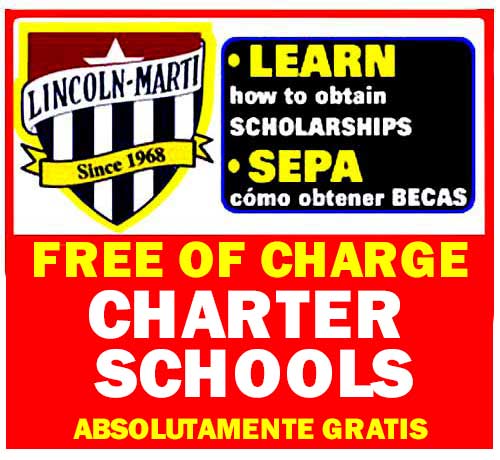
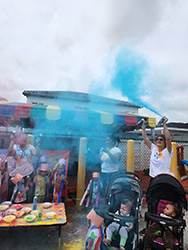
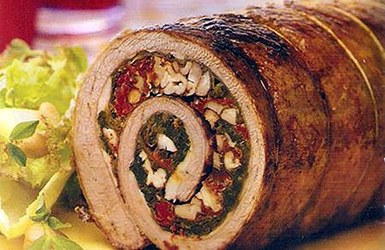
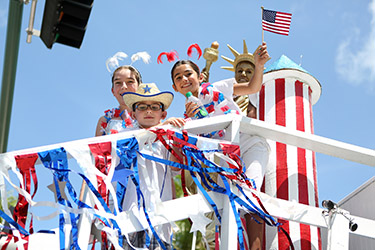
0 comentarios